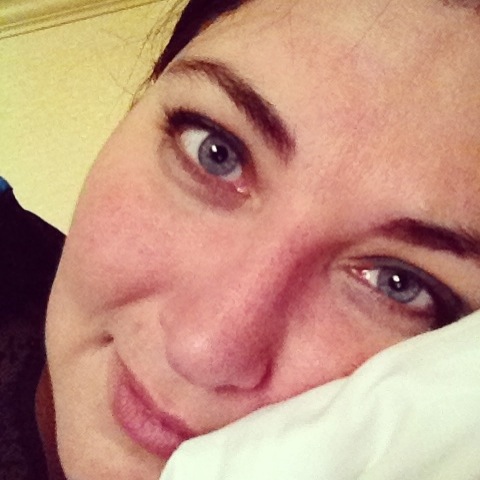 This morning while trolling the interwebz, I found an article that caught my attention. Today is National Public Sleeping Day. According to the article, National Public Sleeping Day was established on February 28, 2011, and it is celebrated by taking a nap in public.
This morning while trolling the interwebz, I found an article that caught my attention. Today is National Public Sleeping Day. According to the article, National Public Sleeping Day was established on February 28, 2011, and it is celebrated by taking a nap in public.
A 2012 study by the Centers for Disease Control and Prevention found that 40 million workers in the U.S. get fewer than six hours of sleep a night, significantly less than the seven to nine recommended by the National Sleep Foundation. 20% of vehicular crashes in the U.S. are caused by drowsiness, approximately 100,000 per year. Sleep deprivation is very often due to unrecognized sleep disorders like obstructive sleep apnea, narcolepsy, anxiety, and other social factors.
I’ve had a tough time with my sleep patterns since 2003, which is when I first began seeing a sleep disorders specialist. I was originally diagnosed with upper airway resistance syndrome. In patients with UARS, sleep quality is disrupted to the point of causing clinical consequences such as difficulty initiating or maintaining sleep (insomnia), non-refreshing sleep, or excessive daytime sleepiness. Further sleep tests, such as the multiple sleep latency test, confirmed that I also have 5 of the 5 markers for narcolepsy: Irresitable daytime sleepiness, sudden muscle weakness, sleep paralysis, hallucinations, and microsleeps with automatic behavior.
 For the last 8 years, I’ve been treated with Provigil (or Nuvigil, which I didn’t like as much, but has a much more awesome website.) As I gained weight, the UARS progressed into Obstructive Sleep Apnea (OSA). In the past nine years, I’ve had 8 overnight sleep studies, met with 6 sleep specialists in 4 states, and came to the conclusion that the only thing that would successfully treat the symptoms of my sleep apnea was massive weight loss. All of my sleep doctors recommended bariatric surgery, which is one of the reasons I chose to have gastric bypass.
For the last 8 years, I’ve been treated with Provigil (or Nuvigil, which I didn’t like as much, but has a much more awesome website.) As I gained weight, the UARS progressed into Obstructive Sleep Apnea (OSA). In the past nine years, I’ve had 8 overnight sleep studies, met with 6 sleep specialists in 4 states, and came to the conclusion that the only thing that would successfully treat the symptoms of my sleep apnea was massive weight loss. All of my sleep doctors recommended bariatric surgery, which is one of the reasons I chose to have gastric bypass.
Most of the time, I feel like I can get enough sleep, either by medications, exercise, naps, or caffeine. But since the beginning of the year, my narcolepsy symptoms have been rearing their ugly head again. I’ve had several cataplexy attacks, microsleeps, and the neurological symptoms I often have when I’m having a particularly irresistible sleep episode mirror my episodes with reactive hypoglycemia. I have appointments in March with my sleep specialist, an ENT, and endocrinologist.
Many people have strange ideas about narcolepsy, and sometimes all they’re aware of is references in pop culture (like in the movie Patch Adams). One of the funniest things about telling people I have narcolepsy is when they reply “And that’s something you share publicly?” Apparently, many people confuse narcolepsy with necrophilia, which I indeed do not have. Phew!
So, here’s to a restful day. Fluff up those pillows and enjoy a nap for National Public Sleeping Day!

